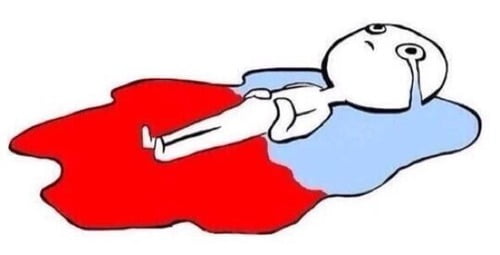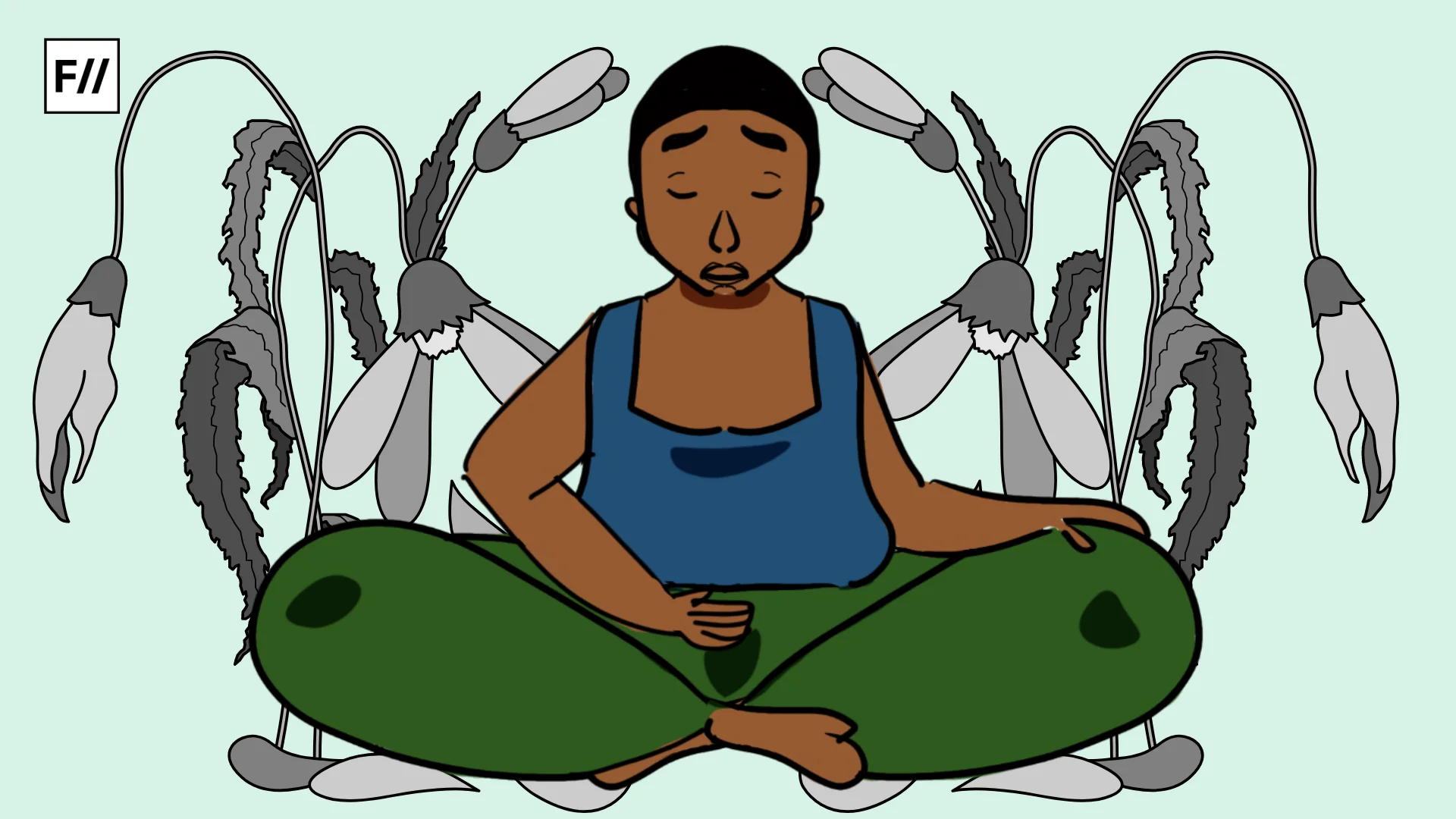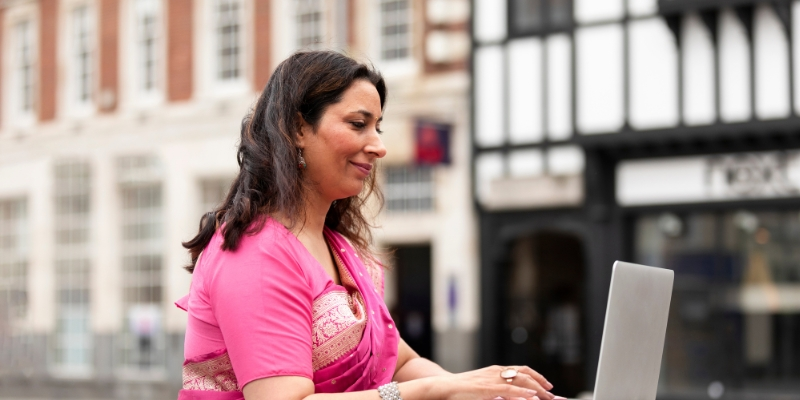When I was 14, I had to skip school for a week because of a severe backache. A battery of tests and an MRI later, still no diagnosis. On the 8th day when I woke up feeling well enough to go to school, I found myself on a bedsheet stained with a brownish red colour. I picked up the stained cloth, knocked on my parents’ door and simply said to my mother, “I think I got my period”.
I was well prepared for my first period. I knew what periods were, thanks to a mother who is a gynaecologist. But the ‘diaper’ she handed me seemed all wrong. It was small, thick, uncomfortable and wouldn’t stay in one place leading to stained panties and school skirts.
I’d carry sweatshirts to school just to cover up ‘embarrassments’. I remember finding stains on my skirt right before corridor duty as House Captain. I almost ran out of there when I saw the boys sniggering behind my back. Pads gave me chafing, itching and waking up to bedsheets stained as though a murder had happened there.
my periods determined if I was a fun or nice person, or a person at all for those few days a month.
But what had me more concerned was a debilitating backache that accompanied each period. I even took medicines to delay my periods when I had dance performances and then suffered the consequences of side effects. These were the days when Indian style toilets were the norm, which made going to the bathroom a terrible ordeal. For years, my periods determined if I was a fun person, or a nice person, or a person at all for those few days a month.
My first use of tampons happened in Goa. I wanted to do water sports despite being on my period and tampons seemed like the way to go. I was 19 and didn’t have much information so I ended up buying an ultra thick tampon that swelled and got stuck inside me. It was a nightmare imagining asking my mother for help, but thankfully, it came out. The ensuing dryness was horrible and I never used tampons again.
It’s been six months since I started using reusable pads and menstrual cups. The cup seemed messy in the beginning but once I got the hang of it, it actually changed my life. There are occasional minor leaks, for which the reusable cloth pads are a boon. Both the cup and the cloth pads need to be sterilised thoroughly between uses, but my thighs and vagina have never been happier.
Also Read: Why I Use The Menstrual Cup And Why You Should Too
As for my PMS and pain, no such luck. Various studies say more than 50% of women suffer from dysmenorrhea, i.e. mild to severe pain during periods. Yet, I am unable to find a cure or even palliative treatment after 12 years of suffering that causes me to abandon my life 48 days a year as I can barely get out of bed. 48 days is a huge loss to me, my productivity at work, my role as a life partner and as a friend.
I find myself crying and getting intolerably enraged sometimes, and then I calculate when my period is due and it all makes sense. But this maturity has come with experience and it is not perfect. My first break up happened because the naïve 19-year-old boy did not understand, correction, did not want to understand how a period can limit my ability to go out and do fun things “like other girls”. Thank you TV ads that have women on their periods dancing around as if nothing is wrong.
I am all for doing any and all activities during periods if you can, but the “strong woman” hashtag leaves people like me feeling invisible and weak. There are those of us who cannot brave through their pain and PMS to lead a normal life during their period and shouldn’t that be okay? Where is my representation of a woman writhing in pain, unable to get up to be the perfect “woman”? Will any form of media ever show people like me without believing it as a disservice to the cause of feminism?
Thank you TV ads that have women on their periods dancing around as if nothing is wrong.
There has been much talk about a period leave policy and many women themselves have opposed it, including prominent feminists, saying that it would make women appear weaker. I can only believe that they have never had dysmenorrhea and hence are unable to empathise with women like me.
I would welcome such a move. Even getting the provision to work from home would be such a relief and would even enhance my ability to work since the trauma of travel would be avoided. As for PMS, the comfort of being in my own house can certainly lessen it to a great degree by reducing stress.
I have lost many friends to arguments on various issues on my PMS days, knowing that things could have gone differently if either of us were PMS free. My partner has learnt to ignore me at my worst, and some close friends have decided to tolerate me. I guess I am lucky and unlucky at the same time. I may have left behind the bane of leakage, but dysmenorrhea stays very much a part of my life and what defines me as a person. Maybe I should learn to not apologise for it.
Also Read: The Menstruation Benefit Bill Proposes Two Days Menstrual Leave. Does This Help Women?
Featured Image Source: Smosh
About the author(s)
Dr Ishmeet Nagpal is a dentist turned social activist. As director of Project Manasvi, she conducts workshops and sensitization sessions on gender, sexuality and mental health. She is an established spoken word poet and co-founder of Sexonomics Band, that creates awareness on gender issues through dramatic satire.




